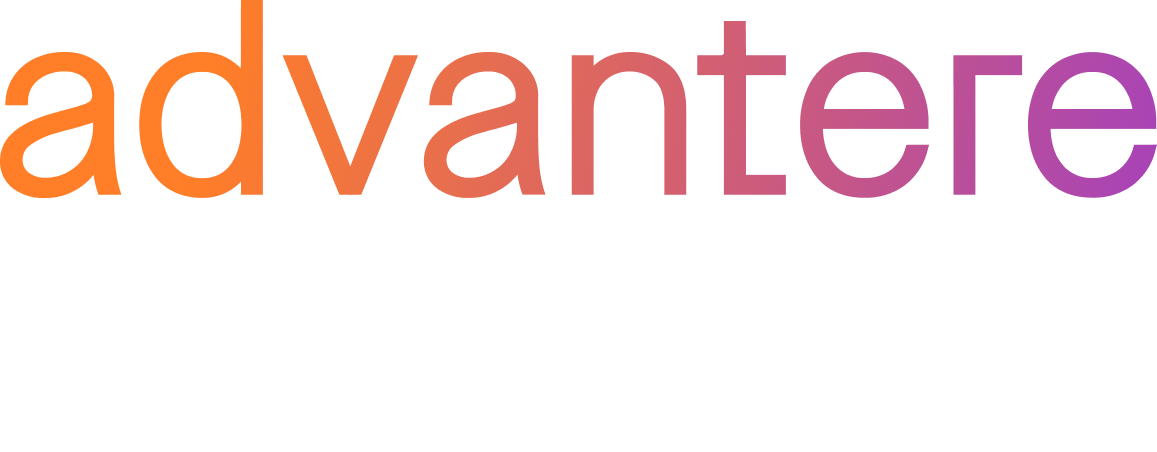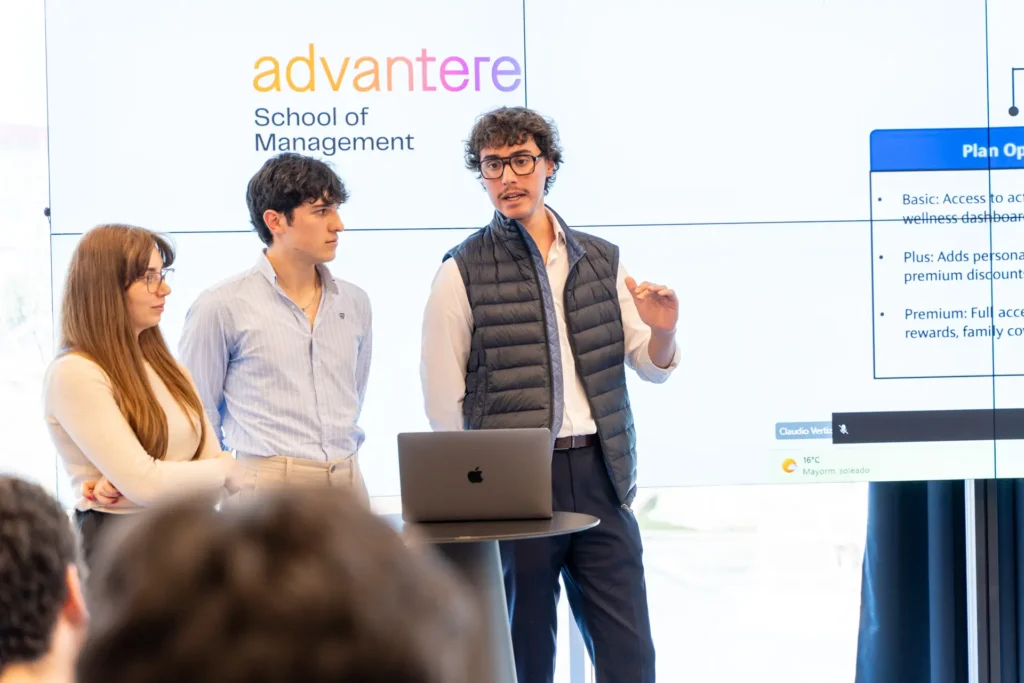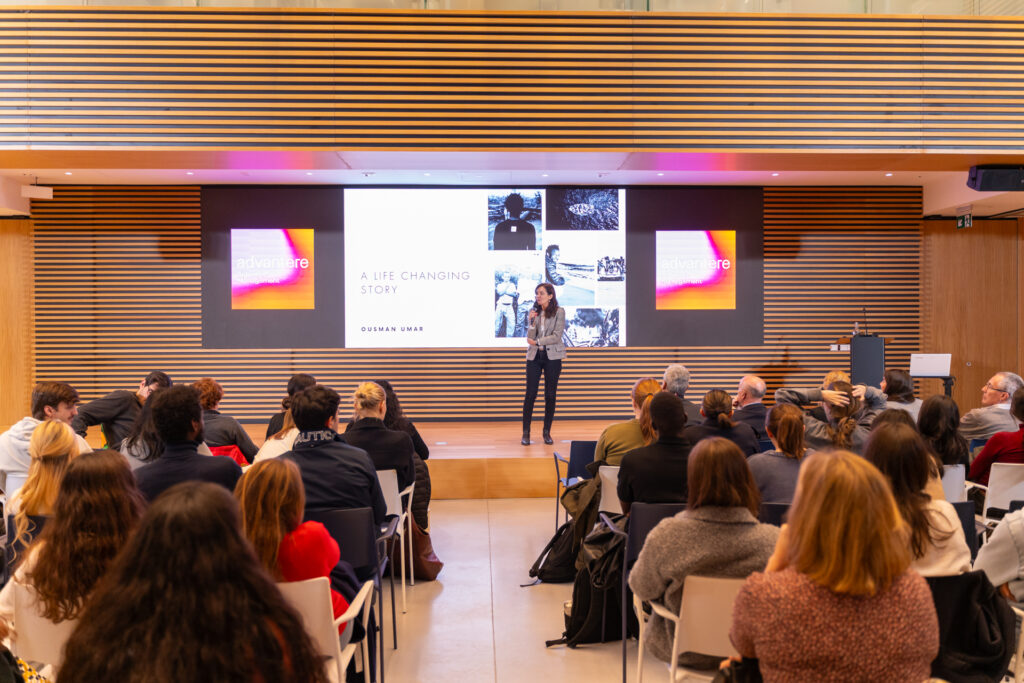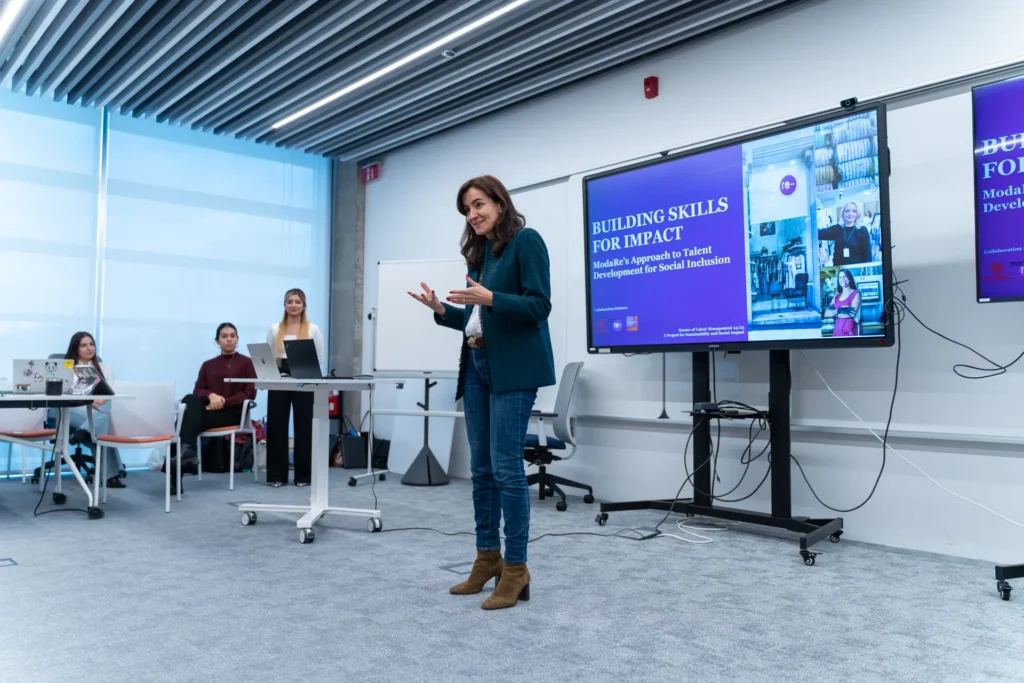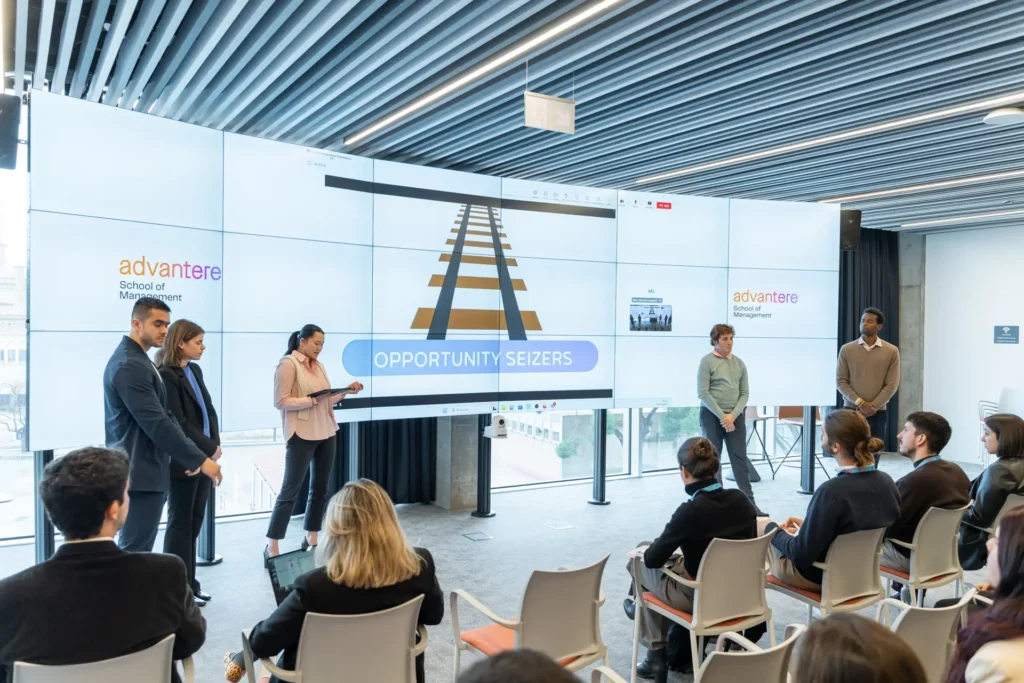Resilience has become a widely discussed topic. This article explores 10 resilience habits to elevate your career in management, based on a publication in The European Business Review, offering insights for individuals and professionals alike. It’s often touted as a key trait for navigating life’s challenges, especially in today’s fast-paced and uncertain world.
In the face of a volatile, uncertain, complex, and ambiguous (VUCA) world, resilient individuals are better equipped to weather storms, innovate under constraints, and find ways to thrive amid uncertainty.
Building resilience is about more than reacting to crises. It requires a proactive approach to cultivating the skills, mindsets, and strategies that help individuals thrive in an ever-changing landscape.
10 Resilience Habits to Elevate Your Career in Management
Through research and coaching practices, the authors have identified 10 resilience habits to elevate your career in management, providing a roadmap for building strength and adaptability. These habits are not innate traits but learned behaviors that can be cultivated through deliberate practice:
1. Finding Meaning and Purpose
Resilient people derive a sense of purpose from their experiences, transforming adversity into opportunities for growth. This mindset provides direction and motivation, even in the most challenging circumstances.
2. Commitment to Continuous Learning
A growth mindset drives resilient individuals. They actively seek opportunities to develop new skills and expand their knowledge, viewing challenges as catalysts for personal growth.
3. Adopting a Balanced Cognitive Attitude
Resilient people embrace a mindset encapsulated by the phrase, “I’ll do my best, and what will be, will be.” This balance of effort and acceptance allows them to face uncertainty with grace.
4. Prioritizing Their Biological Clock
Instead of adhering to societal schedules, resilient individuals align their activities with their natural rhythms, optimizing energy and productivity.
5. Creating Time for Deep Thinking
Resilient individuals allocate uninterrupted time for reflection and decision-making, enabling thoughtful responses to complex challenges.

6. Approaching Tasks with Passion and Curiosity
Their intrinsic motivation stems from genuine interest and enthusiasm, fueling perseverance and innovation.
7. Programming Positive Experiences
Resilient people proactively incorporate activities that bring them joy and energy, ensuring these moments are varied and meaningful.
8. Engaging in Physical and Mental Exercises
Genuine relationships provide emotional support and a sense of belonging, crucial for navigating life’s ups and downs.
9. Building Authentic Social Connections
Regular physical activity and practices like mindfulness or yoga enhance resilience by supporting mental and physical health.
10. Maintaining Healthy Lifestyle Practices
Balanced nutrition, consistent eating habits, and proper sleep hygiene form the cornerstone of resilience
Tools for Measuring and Enhancing Resilience
Professionals can use tools like the Dolan Web of Resilient Habits (DWRH). Such tools provide structured frameworks for identifying strengths and areas for improvement, empowering individuals to build resilience strategically. In the original article, several methods are presented to explore and assess your level of resilience. We invite you to dive into these methods and discover actionable insights to enhance your own resilience.
Conclusion
Resilience is not a fixed trait. By focusing on these ten core habits , wellness professionals can equip their clients with the tools to navigate life’s challenges and thrive in a complex world.
As we continue to explore the nuances of resilience, let’s move beyond the buzzword and focus on actionable strategies that foster genuine growth and well-being.
If you’re looking for an official master’s degree in Madrid with an international perspective, explore our programs in International Management, Finance, and Talent Management (HR) today and start shaping your future with Advantere.
The original article was written by Pedro César Martínez Morán, Director of the Master in Talent Management (HR) at Advantere; Simon Dolan, Professor in the Master’s Program and Expert in Organizational Development; Miriam Die Pinol, Secretary Executive Board and Research Project Coordinator at Global Future of Work Foundation and Anat Garti, Psychologist.
